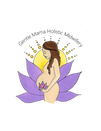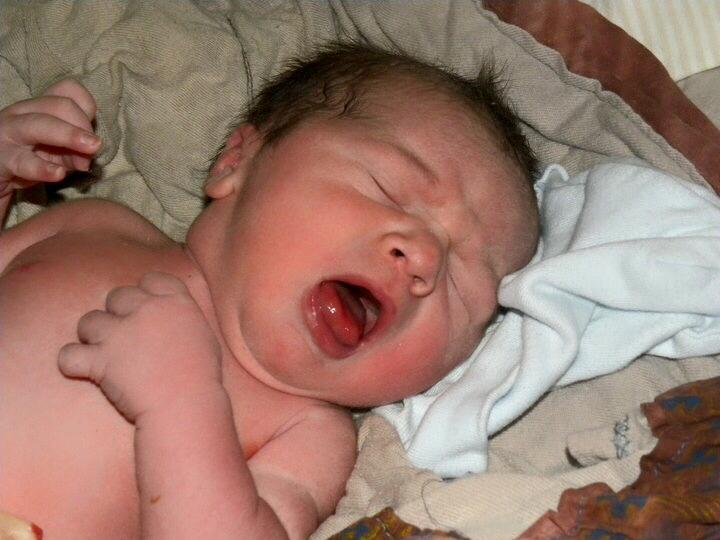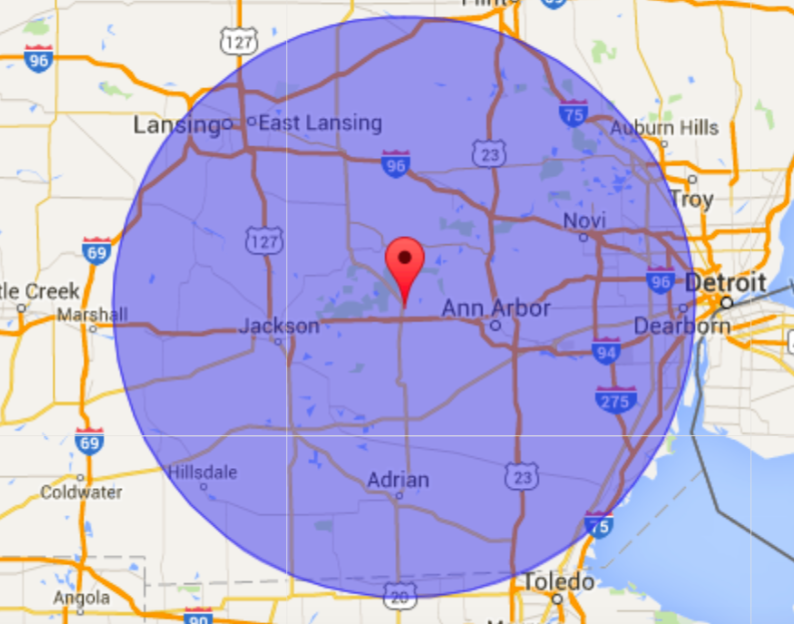|
Breastfeeding
“Free range breastfeeding” is encouraged. Encourage baby to breastfeed as often as they like. While breastfeeding is getting established in the initial weeks, breastfeeding is recommended at least every 2-3 hours (no longer than 4 hours at night), 8-12+ times per day. If your baby is excessively sleepy, you can attempt to rouse them by undressing, playing with their feet or stroking the face. It is best to not introduce formula or pacifiers in the first weeks as to not cause nipple confusion and to encourage and adequate supply of breastmilk. Bowel Movements The first few bowel movements in the initial days are meconium and are dark, tarry like. As breastmilk changes from colostrum bowel movements become yellow, curdy like and smell like sweet or like popcorn. By the fourth day postpartum, it is normal for a breastfeed baby to have 2+ bowel movements per day. Urination In the first days after birth it is normal for there to be a little pinkish or rust color in the urine (brick dust). Your baby should have at least 1 urination in the first 24 hours. It is normal for your baby to have at least 2 wet diapers the second day, and three the third day. Once your milk is in your baby should have 6+ wet diapers per day. If you are using disposable diapers and are having difficulty deciphering a wet diaper, put a small towel in the diaper. Diapering A small amount of olive or coconut oil on the baby’s diaper area avoids the meconium to stick on the baby’s bottom and be removed easily. Wipe baby clean from front to back. Cord care Keep the diaper folded away from the umbilical cord area. Try to keep the area clean and dry. If a large area of the umbilical area becomes red and there is pus or smelly, please call your midwife. Care of the uncircumcised penis The uncircumcised penis is perfect as it is and needs no special care, it SHOULD NOT be retracted. You can point the penis downward in the baby’s diaper to keep the urine in the diaper. Skin to skin Skin to skin supports regulating baby’s temperature, heart rate, breathing, blood sugar, bonding and comfort. It also helps with maternal bonding, hormone regulation, milk production, mood and is calming. Abundant skin to skin time is important, especially during the first week. Temperature Newborns can’t regulate their temperature like adults. Keeping baby skin to skin on you is the perfect way to keep the baby comfortable and to regulate the temperature. An ideal room temperature for a newborn is over 70 degrees and without drafts. Skin to skin is optimal, with baby and mama covered with a blanket. Normal newborn temperature is 97.2 to 98.8 F (axillary, under the armpit). If the baby’s temperature is lower or higher, remove or add clothing and blankets, then retake temperature in 30-45 minutes. Heart rate Normal newborn heart rate is from 110-160 beats per minute. When your baby is sleeping the heart rate may be on the lower range of normal, when your baby is crying and active your baby’s heart rate may even be higher than 160 beats per minute. Newborn breathing Normal newborn breathing is 30-60 breaths per minute. Babies are abdominal breathers. Newborn babies may hold their breath occasionally for up to 15 seconds which is normal. It is not normal for babies to have seesaw motions while breathing. It is abnormal for newborns to gasp or flare their nostrils. Color Normal newborn color is pink, it is normal for the extremities (hands or feet) to be blue. Blue around the head, mouth or torso is abnormal. Jaundice Jaundice (yellowing of the skin and eyes) often occurs with newborns. Jaundice appearing within the first 24 hours is abnormal and is an indication to be seen by a doctor. Normal jaundice appears at day 3 and resolves around 2 weeks. A baby with normal jaundice should be breastfeeding often, having sufficient dirty diapers and should not be lethargic. Normal jaundice treatment includes dressing the baby and place them in a draft free, warm, sunny window for 20 minutes. Sunshine promotes the breakdown of bilirubin. Weight In the first few days postpartum your newborn may lose up to 10% of its body weight while your milk is transitioning from colostrum to milk. Once your milk is in, it is normal for your baby to gain 1/2-1 ounce daily. Spit up In the first few days postpartum your baby may spit up a small amount of clear or brown fluid which is likely amniotic fluid or blood from the birth. It is abnormal for your baby to have projectile vomiting. Burping Babies benefit from being burped to get air bubbles out. You can lightly pat on your baby’s back while your baby is resting on your chest and shoulders. Your baby also may like to sit up with support with you cradling your baby’s head in your hand. Sleeping Newborns sleep collectively 18 hours a day. A newborn baby should not sleep consecutively for more than 5 hours per day. Co-sleeping Co-sleeping is innate and works well for many families. Co-sleeping allows a mother to breastfeed her baby while sleeping beside her baby. Safe co-sleeping entails sleeping on a firm bed, without soft blankets or pillows near the baby. Babies are recommended to sleep on their backs or sides. Co-sleeping is not safe on a water bed, a very soft bed, if a mother or father is using drugs or alcohol, if the parent is a heavy sleeper or obese. Holding your baby Babies CAN’T be spoiled, please hold your baby whenever your baby likes and when you like to. Your baby is used to being with you in your abdomen 24/7 and is adjusting to extrauterine life. Baby wearing Baby wearing is a practice that works well for many babies, mamas and papas. Safe baby wearing encourages the baby’s head to have an adequate airway with the neck not being cramped, the nose and mouth having space to breath. To encourage proper newborn body mechanics a baby should be not worn forward facing (baby looking out). Babies legs should be spread. Nail clipping A baby nail file or clippers can be used to cut long nails. Newborns nails are often long when they are born. Bathing Babies don’t get very dirty, they don’t need to be bathed more than a few times weekly, Babies may get some build up under and in their creases, so they may benefit from getting them wiped out. When you choose to give your baby a bath, be aware of the temperature of the air, optimally will be at least 80 degrees and draft free. The water of the bath should be 98-100. It is best to use gentle, natural soap, Castile soap and/or shampoo.
0 Comments
Leave a Reply. |
AuthorCeleste Groenenberg BSM, CPM, LM Archives
February 2022
Categories |
|
OUR CHELSEA OFFICE is located at:
110 N Main Street #3, Chelsea, MI 48118 Upstairs & located near the "Kitty Face" toy store www.google.com/maps/place/110+N+Main+St,+Chelsea,+MI+48118/@42.3184476,-84.0224423,17z/data=!3m1!4b1!4m5!3m4!1s0x883ccc01bbaadceb:0x7d3948db4e160a60!8m2!3d42.3184476!4d-84.0202536 NEW JACKSON OFFICE: 510 E. McDevitt Avenue, Jackson, Michigan 49203 www.google.com/maps/place/510+E+McDevitt+Ave,+Jackson,+MI+49203/@42.1968296,-84.3990542,17z/data=!4m6!3m5!1s0x883d248a9f1b5eaf:0xa7048f9dca4aeccf!8m2!3d42.1968296!4d-84.3964793!16s%2Fg%2F11c29jq9zc?entry=ttu |
|


 RSS Feed
RSS Feed
